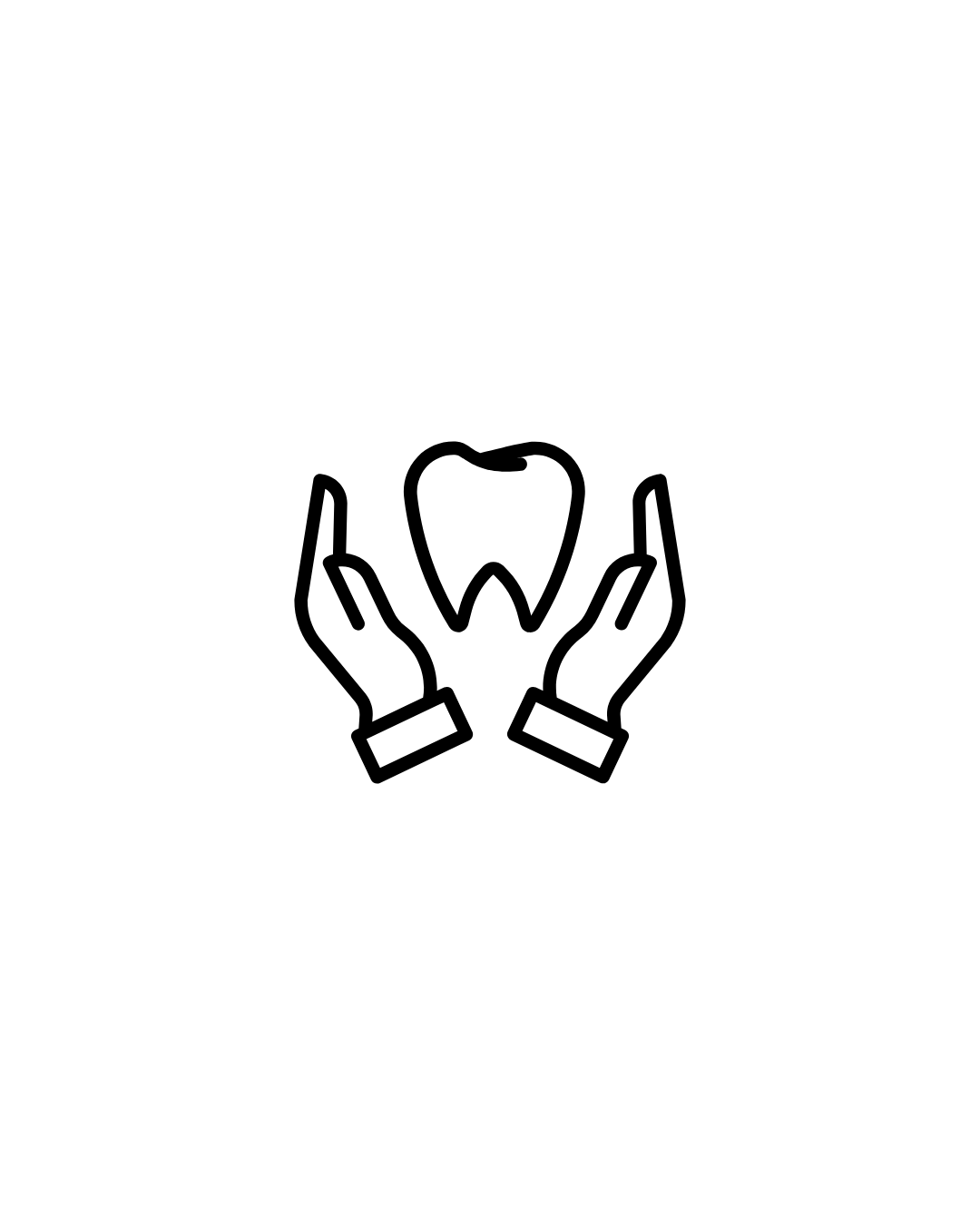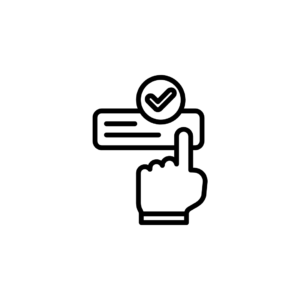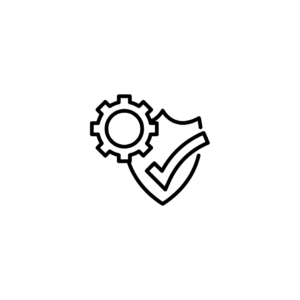Description
An Advanced Diploma in Dento Oral Hygiene (or Dento Oral Hygienist) prepares students to become skilled dental hygienists who play a crucial role in promoting oral health and preventing dental diseases. The program combines theoretical knowledge with practical training, allowing graduates to provide comprehensive dental hygiene care.
Course Details:
Duration: Typically 1 to 2 years, varying by institution and whether the program is full-time or part-time.
Eligibility: Usually requires a high school diploma or equivalent; some programs may prefer candidates with a background in health sciences.
Mode of Study: A mix of classroom instruction, laboratory work, and clinical placements for hands-on experience.
Curriculum:
The curriculum for an Advanced Diploma in Dento Oral Hygiene usually includes the following key components:
1. Introduction to Dento Oral Hygiene
Role of Dental Hygienists: Overview of the responsibilities and functions of dental hygienists within the dental care team.
Current Trends in Oral Health: Study of emerging practices and technologies in dental hygiene.
2. Dental Anatomy and Physiology
Human Oral Anatomy: Understanding the structure of teeth, gums, and oral tissues, as well as their functions.
Development of Dentition: Study of tooth development and eruption patterns in children and adults.
3. Preventive Oral Health Care
Oral Hygiene Techniques: Training in effective brushing, flossing, and other oral hygiene practices to promote dental health.
Diet and Nutrition: Understanding the impact of nutrition on oral health and strategies for dietary counseling.
4. Periodontology
Gum Diseases: In-depth study of periodontal diseases, their causes, prevention, and management strategies.
Non-surgical Periodontal Therapy: Techniques for scaling, root planing, and other non-invasive treatments.
5. Oral Pathology
Common Oral Conditions: Understanding various oral diseases and conditions, their signs, symptoms, and treatments.
Identifying Abnormalities: Training in recognizing and reporting abnormal findings in the oral cavity.
6. Radiography
Dental Radiography Basics: Principles and techniques of taking and interpreting dental X-rays safely.
Radiation Safety: Understanding regulations and safety practices to minimize exposure for patients and staff.
7. Infection Control and Safety Protocols
Hygiene Standards: Procedures for maintaining a sterile environment and preventing the spread of infection in dental settings.
Regulatory Compliance: Familiarity with health regulations and protocols related to dental hygiene practice.
8. Patient Management and Communication
Interpersonal Skills: Enhancing communication skills for effectively interacting with patients and addressing their concerns.
Patient Education: Techniques for educating patients about their oral health, preventive care, and treatment options.
9. Clinical Practices
Hands-On Skills: Practical training in performing dental hygiene procedures, including prophylaxis, scaling, and polishing.
Patient Assessments: Skills in assessing patients’ oral health needs and developing personalized care plans.
10. Clinical Placements
Practical Experience: Clinical rotations in dental offices or clinics provide real-world experience under the supervision of licensed dental professionals.
Assessment:
Assessment methods in this program may include:
Practical Skills Evaluations: Demonstrating competencies in clinical procedures and patient care techniques.
Written Exams and Assignments: Testing theoretical knowledge through quizzes, essays, and case studies.
Clinical Competency Assessments: Evaluations during clinical placements to assess hands-on skills and professional conduct.
Career Opportunities:
Graduates of an Advanced Diploma in Dento Oral Hygiene can pursue various roles, such as:
Dental Hygienist: Providing preventive dental care, including cleanings, scaling, and patient education in dental clinics.
Public Health Hygienist: Working in community health settings to promote oral health education and preventive services.
Research Assistant: Assisting in dental hygiene research projects focused on improving patient care and outcomes.
Dental Hygiene Educator: Teaching dental hygiene students or conducting workshops for professionals in the field.
This advanced diploma program equips students with the comprehensive knowledge and skills necessary to excel in the dental hygiene profession and contribute to the overall health and well-being of patients. If you have any further questions or would like more specific information about the program, feel free to ask!









